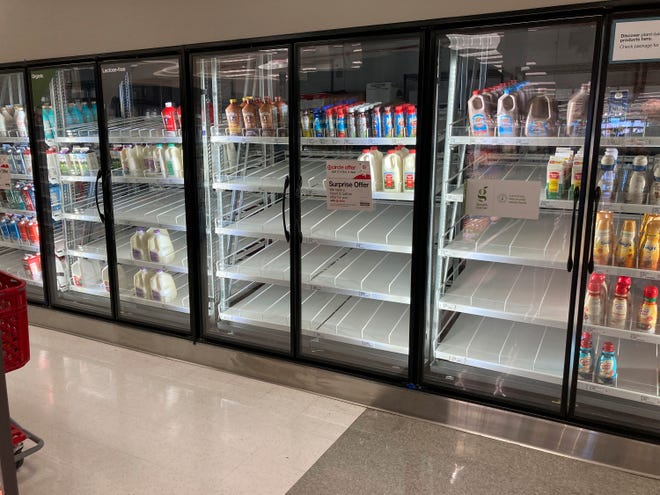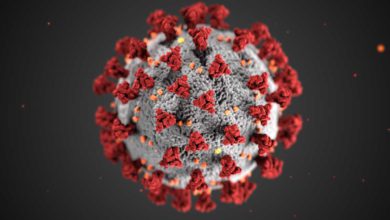
WASHINGTON, D.C. — Many parents know that the monthly child tax credit payments arrive on the 15th of the month.
It's a benefit that started in July and continues at least through December.
The child tax credit payments are meant to offset the cost of raising children.
The average benefit to parents is around $250 to $300 per month, per child, depending on the child’s age.
NOT PERMANENT
The future of the monthly payments is unclear.
Currently, they expire in December. Many Democrats in Congress want it to be included in the progressive spending package that is being negotiated in Congress, but nothing is certain.
Speaker Nancy Pelosi, who supports making the benefit permanent, has also made clear in recent days that if anything is going to pass the House and Senate, the original $3.5 trillion price tag will have to be cut.
That means funding for policy proposals like universal pre-K subsidized child care, paid family leave and the expanded child tax credit will either have to be reduced or eliminated.
No final decisions have been made.
Speaker Pelosi said this week she'd prefer to include more items in the legislation, but offer them for less time.
"Timing would be reduced in many cases to make the costs lower," Pelosi said.
INFLUENTIAL SENATOR
Of course, everything will need to go through Sen. Joe Manchin, the moderate Democrat from West Virginia whose support is needed to pass any spending legislation.
Manchin has already said he won’t vote for something that is too costly. He has encouraged other Democrats to pick one priority, not several.
Manchin has also suggested the child tax credit should require a parent to work in order to receive it.
Currently unemployed parents can benefit.
If the monthly child tax credit is cut out of the bill or reduced in scope at all, it could mean a spike in child poverty next year.
In June of this year, before the tax credit, 15.8% of children were living in poverty in the U.S., according to research done by Columbia University.
In July, after the first payment, it went down to 11.9%.
That’s 3 million fewer children living in poverty.









